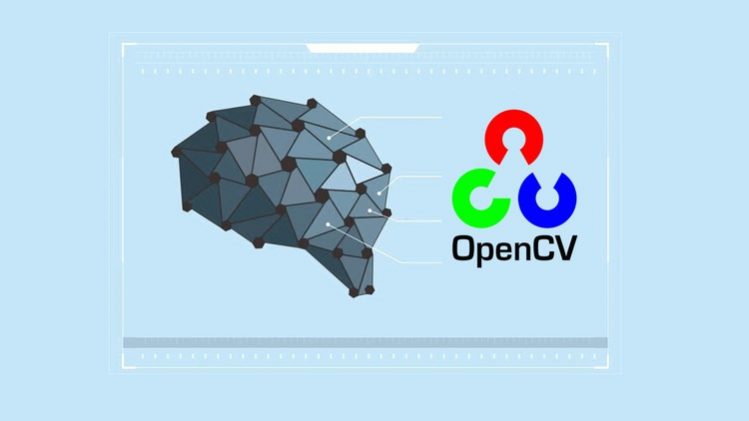
Learn OpenCV with Python
9 OpenCV Project
Image Processing with OpenCV
Image Translation
Smoothing Filters
Bitwise Operations and Masking
Convolution Process
Welcome to “Image Processing using OpenCV from Zero to Hero” !!!
Image Processing is one of the areas of Data Science and has a wide variety of applications in the industries in the current world. Many industries looking for a Data Scientist with these skills. This course is completely project-based learning. Where you will do the project after completion of every module. Here I will cover the image processing from basics to advanced techniques including applied machine learning algorithms and models to images.
WHAT YOU WILL LEARN?
- Image Basics
- Drawings
- Image Translation
- Image Processing Techniques
- Smoothing Filters
- Filters
- Graphical Use Interphase (GUI) in OpenCV
- Thresholding
Key Highlights in Section 1 to 7
We will start the course with very basic like load, display images. With that, we will understand the basic mathematics background behind the images. Also, I will teach you the concepts of Drawings and Videos.
Projects (Object Detection):
- Face Detection using Viola-Jones Algorithm
- Face Detection using Deep Neural Networks (SSD ResNet 10, Caffe Implementation)
- Real-Time Face Detection
- Facial Landmark Detection
Key Highlights in Section 8 to 11
We will slowly move into image processing concepts related to image transformations like image translation, flipping, rotating, and cropping. I will also teach arithmetic operations in OpenCV.
Project (Brightness Control):
5. GUI based Brightness Control in Images
6. Real-Time Brightness Control
Key Highlights in Section 12,13
In these sections, I will introduce new concepts on bitwise operations and masking, where you will learn the truth table and different bitwise operations like “AND“, “OR“, “NOT“, “XOR“.
Key Highlights in Section 14
Then we will extend our discussion on Smoothing Filter which is a very important image processing technique. In this section, I will teach smoothing techniques like Average Blur, Gaussian Blur, Median Blur & Bilateral Filter.
You will have complete access to Images, Data, Jupyter Notebook files that are used in this course. The code used in this course is written in such a way that you can directly plug the function into the real-time scenario and get the output.
I will see you inside the course!!!
———————–
Srikanth Guskra






